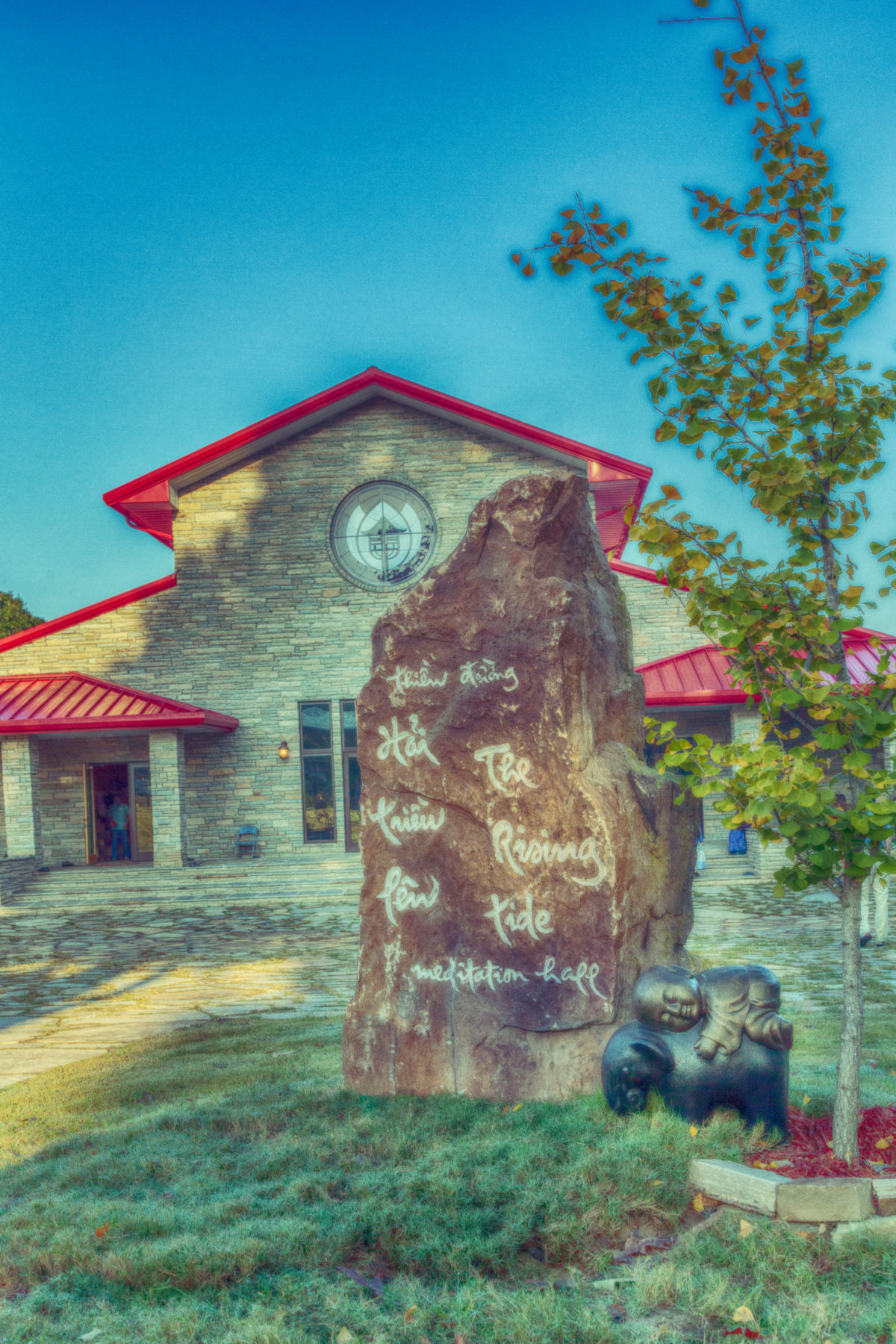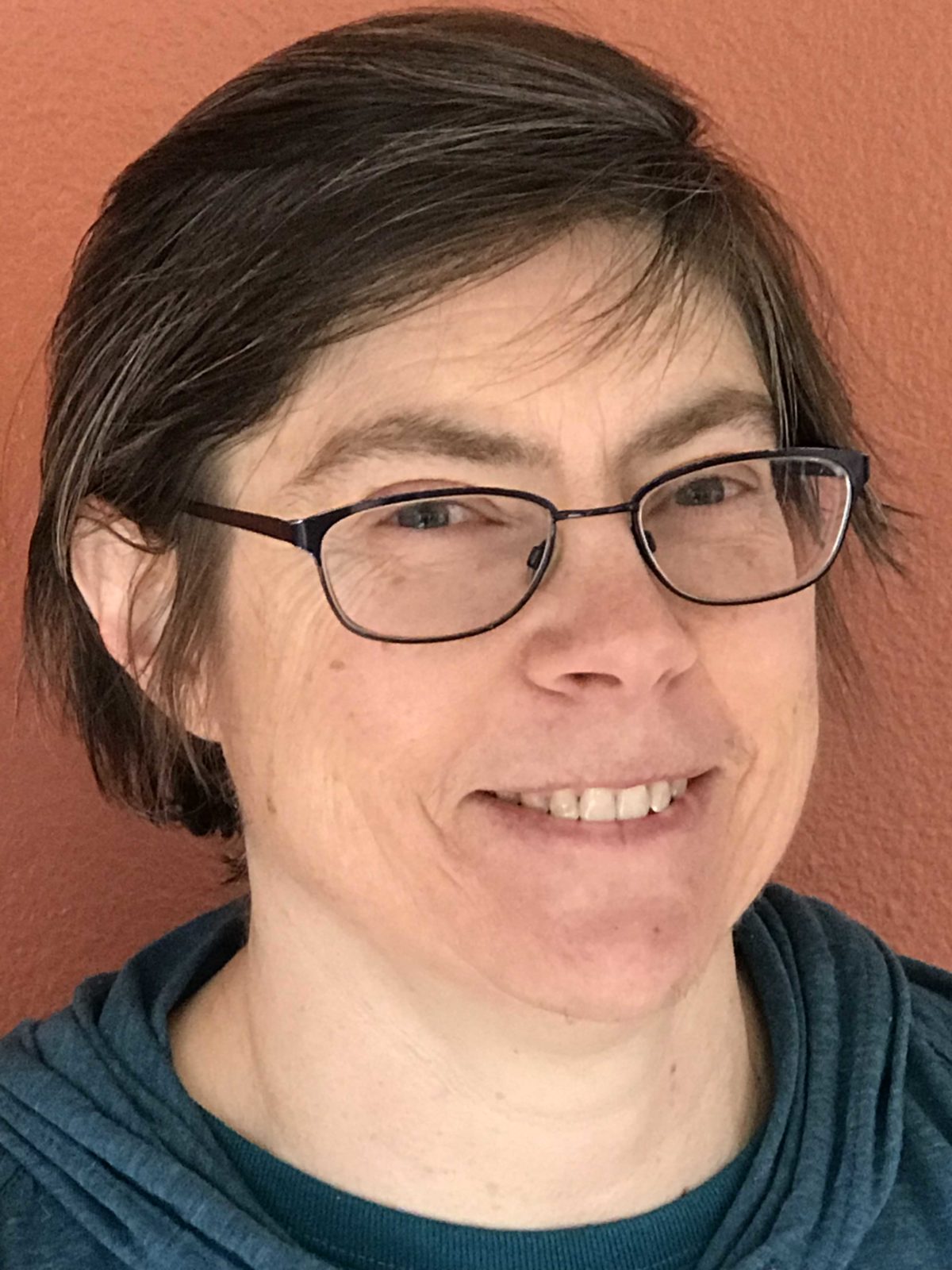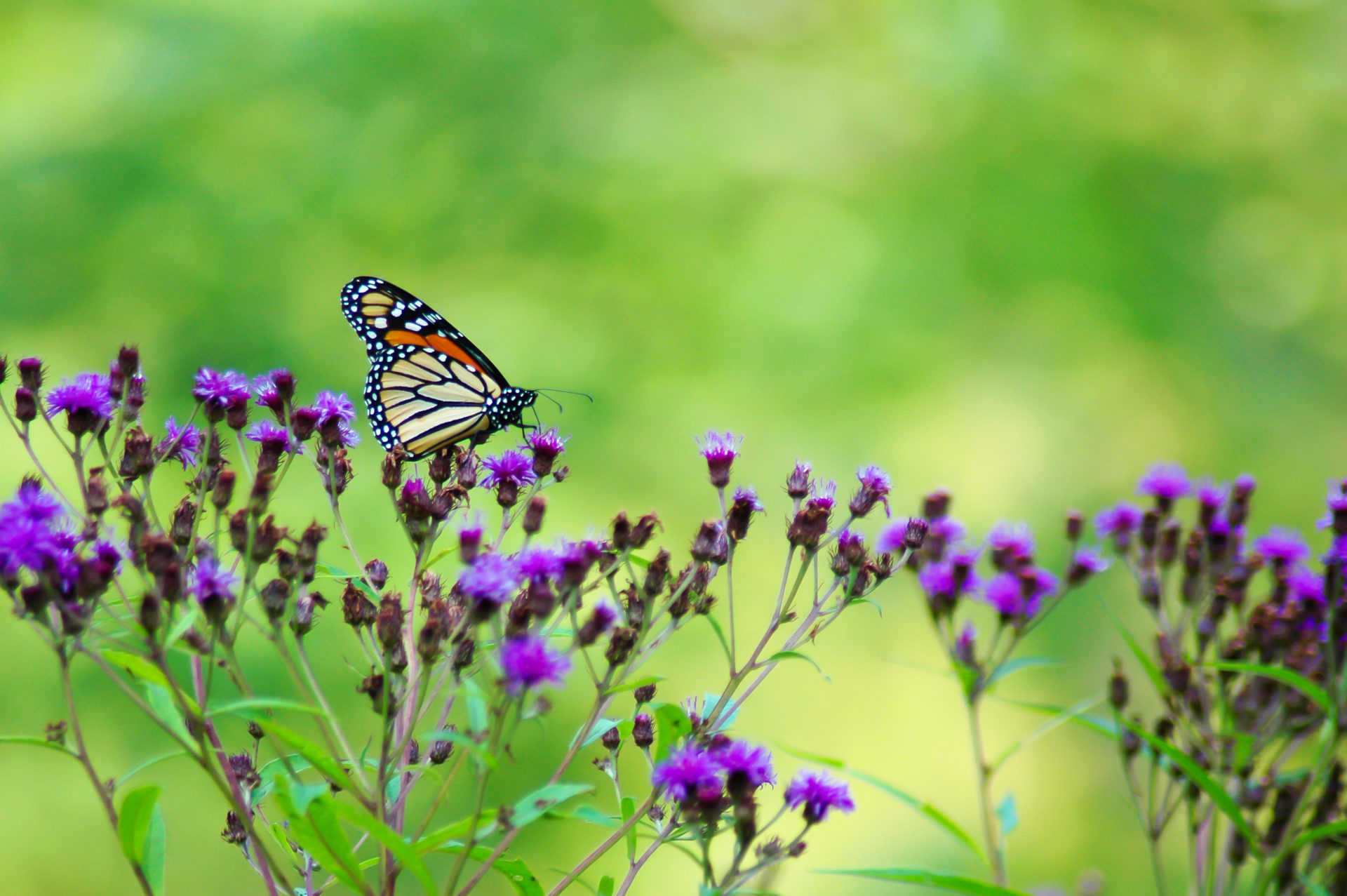By AJ Johnston

Several years ago at a fundraiser for the East Bay Mediation Center in Oakland, California, activist Angela Davis asked Jon Kabat-Zinn, “In a racially unjust world, what good is mindfulness?” As a white woman inviting white people to look into the causes and conditions of racism in an atmosphere of mindfulness, I’m more likely to encounter the flip side of this question. White Sangha friends ask,
By AJ Johnston

Several years ago at a fundraiser for the East Bay Mediation Center in Oakland, California, activist Angela Davis asked Jon Kabat-Zinn, “In a racially unjust world, what good is mindfulness?” As a white woman inviting white people to look into the causes and conditions of racism in an atmosphere of mindfulness, I’m more likely to encounter the flip side of this question. White Sangha friends ask, “If I’m committing myself to practicing mindfulness, why do I need to think about racial injustice? If I free myself, I can help free others. Skin color doesn’t matter.” Having practiced with Sanghas in areas across the United States as diverse as rural Virginia, Berkeley, California, and Missoula, Montana, I've heard a variation of this question regardless of geographical place.
I can identity with this thinking. In my first decade of connecting with the Dharma and the Plum Village Community, my practice profoundly changed my life and my relationships with family members and friends for the better. I thought daily meditation mixed with mindfulness practices, weekly Sangha meetings, and retreats were everything—an elixir. "Surely, I didn’t need more than a consistent meditation and mindfulness practice to be on the path of liberation,” I reasoned.
But my thinking has changed. Gradually, I’ve come to acknowledge as a white individual living in the context of the United States, my liberation depends, at least in part, on engaging honestly with how my country’s narrative about race—one that privileges those with lighter skin—has shaped me. Ideas that privilege people with light skin tones and disparage those with darker skin tones are deeply embedded in our national identity. These ideas are the water we swim in. If we are white, we are discouraged and distracted from seeing them and how they shape us.
As I engage this topic of race, I look inward at the people closest to me and myself instead of outward at people of color. What has our racial narrative done to the hearts and minds of white people? How have I as a white woman been socialized in a society that is highly racialized, a society where the color of your skin profoundly shapes the opportunities available to you? What has racism and its counterpart of white racial superiority done to me spiritually? And to other white people?
This challenge to look deeply came from my pain and discomfort of seeing people of color in the United States suffer and from a desire to form beloved community. What were the obstacles standing in the way of people being together? Why did people of color attend majority white Sangha meetings once or twice and then not return?
Prior to engaging with the topic of racial equity, some years earlier, I’d helped to start a small non-profit called Mindful Peacebuilding in Berkeley. One focus was to convene listening circles on challenging topics. One of the circles focused on how white people can help end racism. Mindful Peacebuilding as well as Sangha practices of deep listening and sharing from the heart gave me skills to convene small groups of white people to talk about racism and explore whether and how we might be ensnared in its tentacles. As a twelve-person group, we read and discussed Robin DiAngelo’s book, What Does It Mean to Be White? Developing White Racial Literacy. It was the first of five nine-week listening circle and study groups.
Each time I convened a group, I was nervous. I was afraid people would get angry and react. Part of the reason for my fear is that white people, including Sangha friends, can and do react angrily to conversations focused on racial equity. Another reason for my nervousness is that the social norm for white people is to refrain from talking about race. Our social conditioning makes it difficult to talk about racial differences.
Here’s an example from my childhood. I was raised in Baltimore, a majority African- American city. As a child, I wondered about the stark contrast between the neighborhood I grew up in and the neighborhoods where black children played. From my car window, I saw black people living in rundown row houses surrounded by cracked concrete sidewalks and warped asphalt streets where children played hopscotch, jumped rope, and shot hoops. I lived in a large, white home encircled by an expansive yard where we played tag, hide-and-go-seek, soccer, and even softball.
When I asked why black children didn’t have a yard like mine, adults shushed me and pronounced my question impolite. After several tries, I heeded their admonitions. I stopped asking questions related to race, or I tested the waters much more carefully before I dove in. I felt the burden of an agonizing, confusing, and cataclysmic transgression as I traveled regularly between my neighborhood and theirs. But the imprisoning silence that didn’t allow probing the topic of how we had come to live in racially segregated neighborhoods was perhaps a greater tragedy.
Through reading and many conversations, I’ve learned the silencing I experienced isn’t unique, but part of a pattern upheld by white people to discourage us from questioning and challenging our racial norms and their oppressive impact on people of color. If we are white, we commonly receive messages from other whites such as:
It is impolite to mention skin color or hair texture. I don’t see color, and you shouldn’t either. People of color have a racial identity; white people don't. White people don’t need to talk about race. We are okay. We are the norm. Our way is the right way. It is those people over there that need to figure things out.
The suppression of naming racialized realities has meant white people suffer an inability to critically question those realities. We’re uncertain about what to say in our communities and in our Sanghas. We sometimes lack the capacity to listen openly to people of color without reactivity. It means white people have often been complicit in perpetuating a society severed by skin color. We don’t know what to say, what not to say, nor how to heal our communities or ourselves.
James Baldwin said, “White people are trapped in a history they don’t understand.” And I was. Perhaps I still am, but I know I’m less trapped, which is the first step toward liberation. Thay teaches us that understanding is the foundation for love. Mr. Baldwin tells us white people don’t understand our history, which means we haven't yet laid the foundation for true love.
As I’ve continued to facilitate groups, I’ve witnessed the transformation and healing among us. At first, we feel awkward, overwhelmed, and even confused when we encounter our history with truthfulness. But, we have a venue and permission to speak about racism and how its poisonous tentacles have ensnared us. Speaking openly about racialized moments in our lives allows us to practice finding the words to tell our story, to speak with honesty. If difficult emotions such as shame or guilt arise, we can be there as a community with those feelings and know that healing is possible. For white friends, speaking openly and authentically about race is breaking a taboo. As a community of practitioners, we touch deeply the historical dimension of our society, a dimension that has often eluded us if we are white.
Our country's primary narrative reinforces a story of European conquest and superiority. We’ve been shaped by that story whether we wanted to be or not. As we become conscious of that narrative, we cut through ignorance, making the unconscious conscious. This growing awareness is, in fact, our practice.
As practitioners, we make a commitment not to turn away from suffering. Our country’s dominant narrative of European conquest and superiority contributes to our collective suffering as a nation. The notion of white people as superior is entrenched in our society and lives in every major institution: health care, housing, criminal justice, education, etc. Even if we, as white people, don't hold prejudice against another group, we benefit from the spoils of this system of oppression. Benefiting from and not understanding this benefit is delusional. It creates separation and suffering.
I’ve seen myself and others recognize this separation, make a vow to do things differently, take risks, and undertake the tiniest of steps to repair this historical and present-day harm. I hope more and more of us who identify as white will consider moving anti-racism work to the center of our practice. White people have tremendous power to dismantle racism. If our vow is to liberate ourselves and others from suffering, then we must be willing to hold ourselves accountable to help heal this deep, 400-houndred-year-old wound in our society.
Here are a few comments from practitioners who took the nine-week online class.
"This class helped understand why I lost a good friendship with a black woman I used to work with. I expected her to trust me just because I wanted to be her friend. I did not understand back then that I should not expect her trust and that I might never be able to gain her trust. We were both part of a system that constantly worked against her and for me, a system that helped me advance easily in the corporation and did not offer her the same privileges. I called her during this course. She now lives in Georgia. I talked to her for 3 hours about how unjust the system was against her, and that I now understand and I am sorry. This meant so much to her. We are now building our relationship and we are looking forward to a new beginning for our old friendship."
— Simona Racek, Wake Up Northeast Los Angeles, California
“In the past I have felt afraid to touch these topics in a public forum. There have been many times when I worried about how to effectively interact with people of color in the Sangha. I would second guess myself and wonder, "Am I going to say something unintentionally offensive, insulting, unwelcoming?" This class helped me touch my pain regarding white privilege, and I learned how to be more skillful in speaking about systematized oppression. I now have a better understanding of what direction to move in going forward.”
— Karen Hilsberg, Organic Garden Sangha, Culver City, California
"I feel more at peace around people of color, not wondering if what I say will be offensive or not. I feel excited that I know so much more about such a big piece of history that was missing. I now have words when I am called out, 'I have a lot to learn.’”
— Jean Jakoboski, Blue Cliff Monastery Sangha, Pine Bush, New York.

AJ Johnston, True Precious Joy, lives in Missoula, Montana, and practices with Open Way Sangha and Be Here Now. She is on the board for Mindful Peacebuilding, the organization through which she offers her white awareness classes in person and online. For more information about the classes, contact pathofmindfulness@gmail.com.

